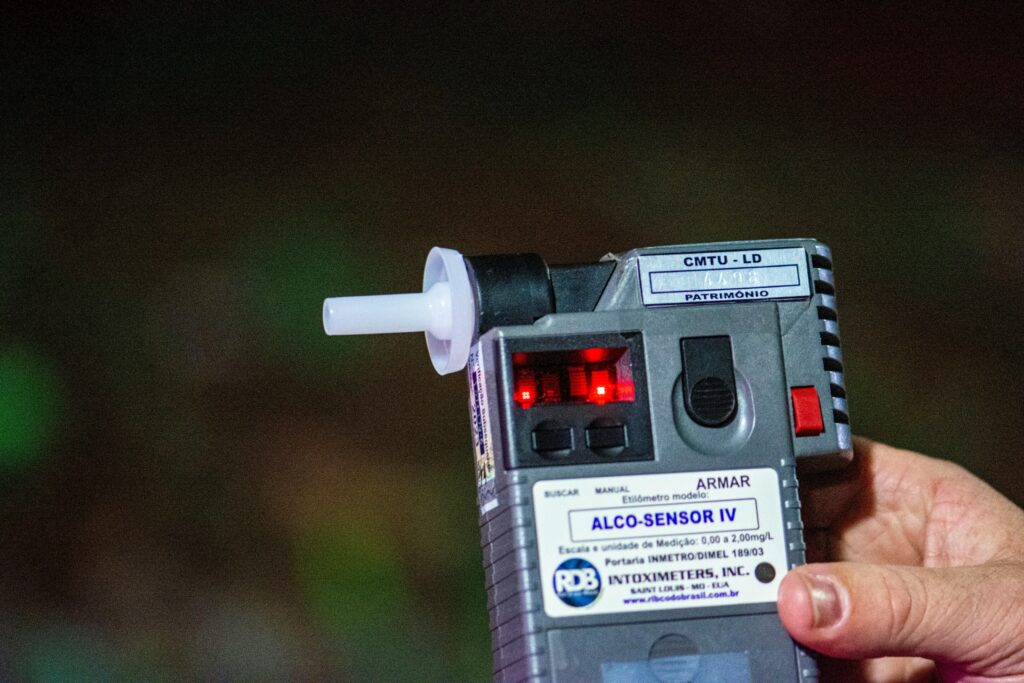DUI/DWI
Driving While Intoxicated in Missouri: What You Need to Know
A DUI (Driving Under the Influence) or DWI (Driving While Intoxicated) in Missouri is a serious offense that can result in severe legal consequences, including fines, license suspension, and jail time. Missouri has strict laws when it comes to impaired driving, and even a first offense can lead to significant penalties. Understanding Missouri’s Driving While Intoxicated laws, the potential consequences, and your legal rights is crucial if you are facing such charges.
What is a DUI/DWI?
In Missouri, DUI and DWI both refer to the act of operating a vehicle while impaired by alcohol or drugs. However, Missouri law primarily uses the term DWI (Driving While Intoxicated) for most impaired driving offenses, while DUI is often used interchangeably or in the context of underage drinking. (577.012) Here’s what these terms mean:
- DWI: Driving while intoxicated by alcohol, drugs, or a combination of both.
- DUI: Typically refers to a charge against an underage driver (under 21) who has a measurable amount of alcohol in their system.
Blood Alcohol Concentration (BAC) Limits
In Missouri, drivers are subject to legal limits for Blood Alcohol Concentration (BAC). The state defines legal intoxication as:
- 0.08% or higher BAC for drivers aged 21 and older.
- 0.02% or higher BAC for drivers under 21.
- Any detectable amount of drugs or alcohol for commercial drivers (CDL holders).
A BAC above the legal limit will result in a charge of DWI. A BAC below the legal limit can still result in Driving While Intoxicated if you exhibit impairment signs.
Penalties for DWI in Missouri
Penalties for DWI can vary depending on whether it’s a first offense or if there are aggravating factors such as high BAC, prior DWI convictions, or involvement in an accident.
First Offense DWI
- License Suspension: A first offense typically results in a 30-day suspension of your driver’s license. After 30 days, you may be eligible for a restricted license that allows you to drive to and from work or school.
- Fines: You could face fines up to $500.
- Jail Time: While jail time is uncommon for a first offense, a judge could impose up to 6 months in jail if aggravating factors are present.
- Probation: In some cases, you may be placed on probation and required to complete a drug and alcohol education program.
Aggravated DWI (High BAC or Prior Offenses)
- High BAC (0.15% to 0.20%): If your BAC is 0.15% or greater, you may face enhanced penalties, including a longer license suspension (up to 1 year) and higher fines.
- Extremely high BAC (0.20% or higher): if your BAC is 0.20% or higher, you may face enhanced penalties, including a longer license suspension, higher fines, and a mandatory 5 days in jail.
- Second or Subsequent Offenses: A second DWI offense within 5 years can result in:
- A mandatory minimum of 5 days in jail, up to 1 year.
- License suspension for 1 year.
- Increased fines and mandatory attendance at an alcohol treatment program.
- Third Offense: A third DWI conviction is a Class E felony, punishable by 1 to 4 years in prison and fines of up to $10,000.
- Fourth Offense: A fourth DWI conviction is a Class D felony, punishable by 1 to 7 years in prison and fines of up to $10,000.
- Fifth Offense: A fifth DWI conviction is a Class C felony, punishable by 3 to 10 years in prison.
- Sixth Offense: A sixth DWI conviction is a Class B felony, punishable by 5 to 15 years in prison.
DWI with Injury or Death
If your DWI leads to an accident that causes injury or death, you may face additional charges. These charges include manslaughter or DWI Causing the Death of Another and the penalties can be significantly more severe.
Implied Consent Law
Missouri has an implied consent law, which means that by driving on Missouri roads, you’ve consented to take a chemical test (blood, breath, or urine) if a law enforcement officer requests it. Refusing to take a chemical test can lead to:
- Automatic license suspension for 1 year for a first refusal.
- No refusal defense in court: Your refusal to take the test can be used as evidence against you in the case.
Defenses Against DWI Charges
Several defenses are available to combat a DWI charge. These include:
- Improper Traffic Stop: If the officer did not have a valid reason to pull you over, any evidence obtained during the stop may be inadmissible.
- Faulty Field Sobriety Tests: Field sobriety tests (such as walking a straight line) can be inaccurate due to factors like medical conditions, weather, or road conditions.
- Flawed Breathalyzer Results: Breathalyzer machines must be properly calibrated and operated. If the device was not functioning correctly, the results may not be reliable.
- No Probable Cause: If the officer did not have sufficient evidence to suspect you were impaired, the DWI charge may be dismissed.
Importance of Legal Representation
A DWI charge in Missouri is a serious offense with potential long-term consequences, including the loss of your driver’s license, jail time, and fines. If you are facing a DWI charge, it’s crucial to seek the advice of an experienced criminal defense attorney who can assess the specifics of your case, challenge evidence, and work toward the best possible outcome.
An experienced criminal defense attorney is crucial to your success. Whether this is your first offense or you have prior DWI convictions, having skilled legal representation is critical to protecting your rights and your future. Call my office today to schedule a free case consultation.
ATTENTION: Nothing in this article is meant to be construed as legal advice and does not constitute an attorney-client relationship. The choice of an attorney is an important decision and should not be based solely on advertisements.

